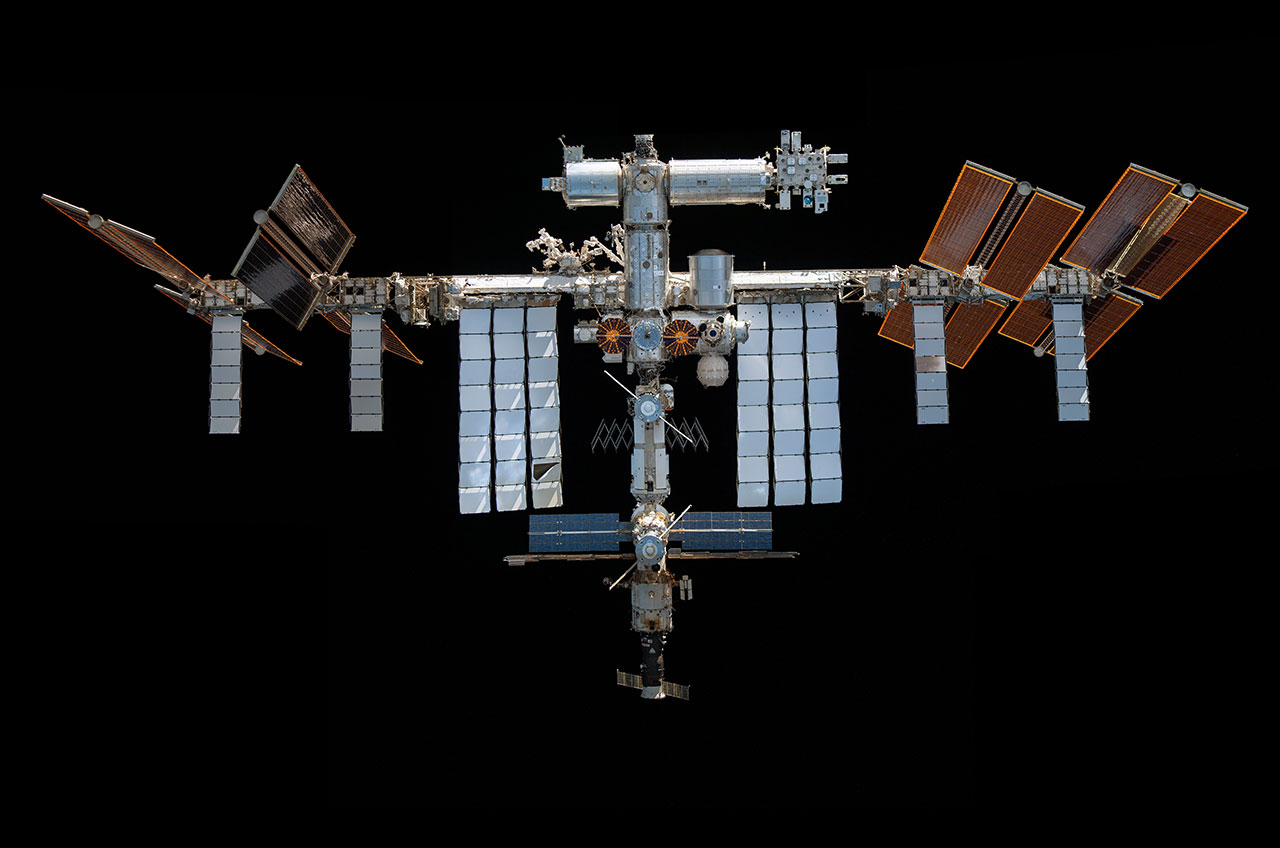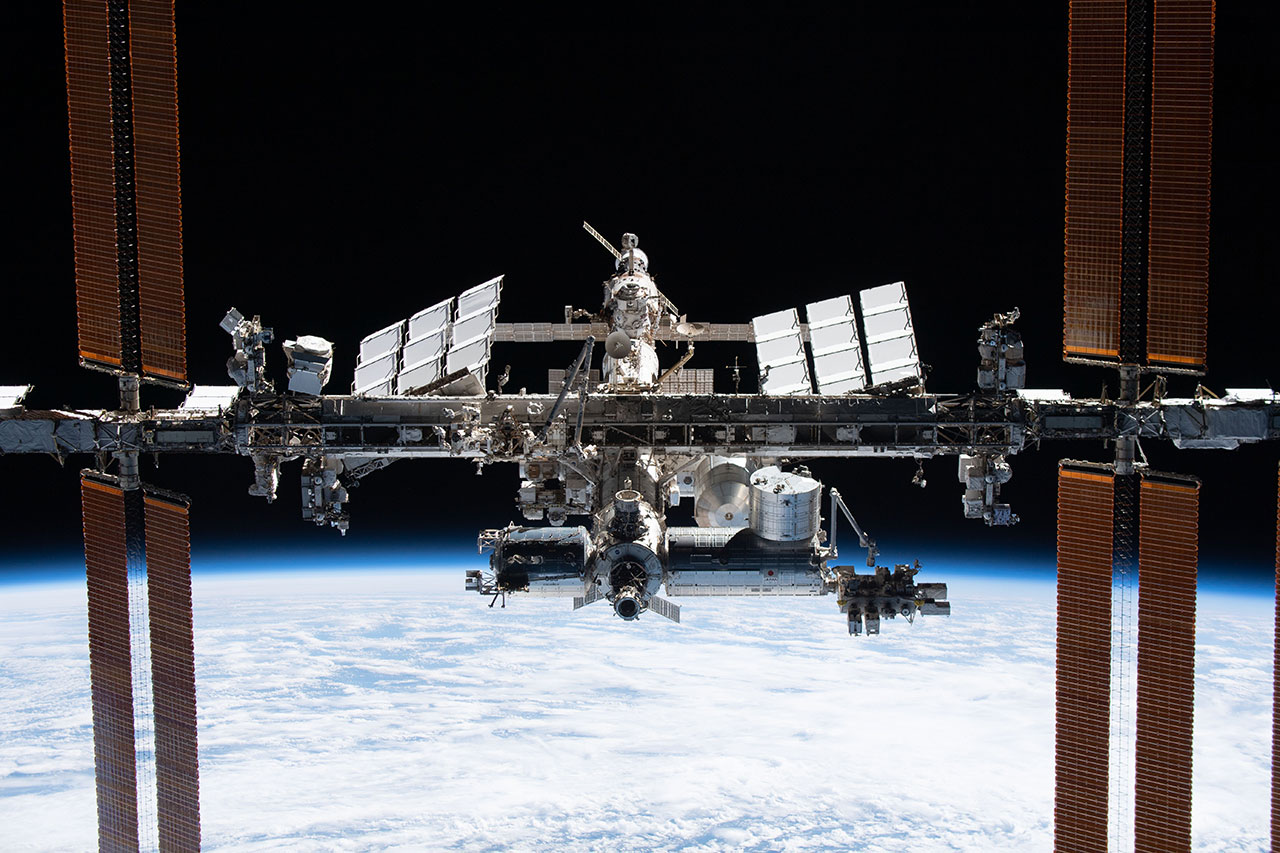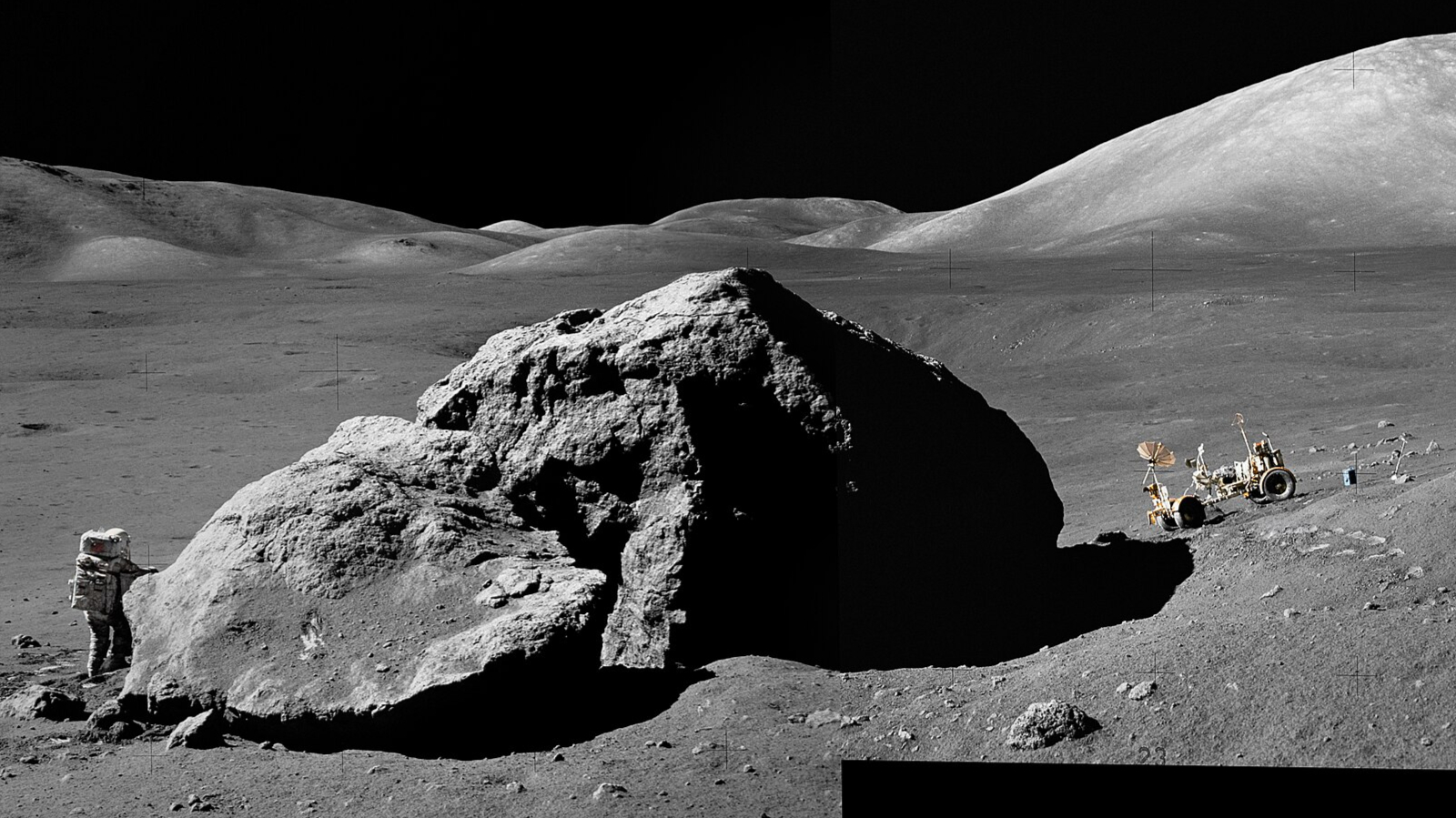White House directs NASA to extend International Space Station operations through 2030
But the outpost's other partners have to sign on as well.

The White House has given NASA a New Year's Eve "go" to continue operations on board the International Space Station through 2030, granting the orbital outpost a six-year life extension.
NASA Administrator Bill Nelson was directed by the Biden-Harris administration to work with the agency's partners, including the European Space Agency (ESA), Canadian Space Agency, Japan Aerospace Exploration Agency (JAXA) and Russia's federal space corporation Roscosmos, to enable the International Space Station's use throughout the rest of this decade.
"I'm pleased that the Biden-Harris administration has committed to continuing station operations through 2030," said Nelson in a statement posted to NASA's website on Friday (Dec. 31). "The International Space Station is a beacon of peaceful international scientific collaboration and for more than 20 years has returned enormous scientific, educational and technological developments to benefit humanity."
Related: Building the International Space Station (photos)
Earlier funded for use for through 2024, NASA has been seeking ways to hand over its day-to-day operations of the space station to commercial entities in order to free up appropriations for its Artemis program of crewed lunar exploration.
"The United States' continued participation on the ISS will enhance innovation and competitiveness, as well as advance the research and technology necessary to send the first woman and first person of color to the moon under NASA's Artemis program and pave the way for sending the first humans to Mars," said Nelson.
The extension will also provide more time to ensure a seamless handover of low Earth orbit research and commercial activities from the International Space Station to new private outposts. NASA has recently entered into agreements with companies to develop commercial space stations either as a free-flying platforms or, as in one case, as a temporary extension to the International Space Station before separating on its own.
Breaking space news, the latest updates on rocket launches, skywatching events and more!

First established in 1998, the International Space Station has been home to a continuous series of expedition crews for more than 21 years. As a microgravity laboratory, the station has hosted more than 3,000 research investigations from over 4,200 researchers across the world. Nearly 110 countries and areas have participated in activities aboard the space station, including more than 1.5 million students per year in science, technology, engineering and math (STEM) outreach activities.
ESA has previously voiced support for extending operations through 2030, and JAXA has certified that its Kibo laboratory and related components are capable of supporting activities until then. Roscosmos has proposed leaving the partnership in 2025 in favor of deploying its own space station but at the same time has recently attached a new multipurpose laboratory module ("Nauka") and a new docking port ("Prichal') to its segment of the International Space Station.
Then there are the growing tensions between U.S. and Russia on more earthly matters, though the space station partnership has survived similar past challenges.
Prior to the White House's direction, Congress considered legislation to continue use of the space station through 2030. Bills introduced in both the House of Representatives and Senate garnered bipartisan support but did not reach a vote.
"As more and more nations are active in space, it's more important than ever that the United States continues to lead the world in growing international alliances and modeling rules and norms for the peaceful and responsible use of space," Nelson said.
Follow us on Twitter @Spacedotcom or on Facebook.
Join our Space Forums to keep talking space on the latest missions, night sky and more! And if you have a news tip, correction or comment, let us know at: community@space.com.

Robert Pearlman is a space historian, journalist and the founder and editor of collectSPACE.com, a daily news publication and community devoted to space history with a particular focus on how and where space exploration intersects with pop culture. Pearlman is also a contributing writer for Space.com and co-author of "Space Stations: The Art, Science, and Reality of Working in Space” published by Smithsonian Books in 2018.In 2009, he was inducted into the U.S. Space Camp Hall of Fame in Huntsville, Alabama. In 2021, he was honored by the American Astronautical Society with the Ordway Award for Sustained Excellence in Spaceflight History. In 2023, the National Space Club Florida Committee recognized Pearlman with the Kolcum News and Communications Award for excellence in telling the space story along the Space Coast and throughout the world.

